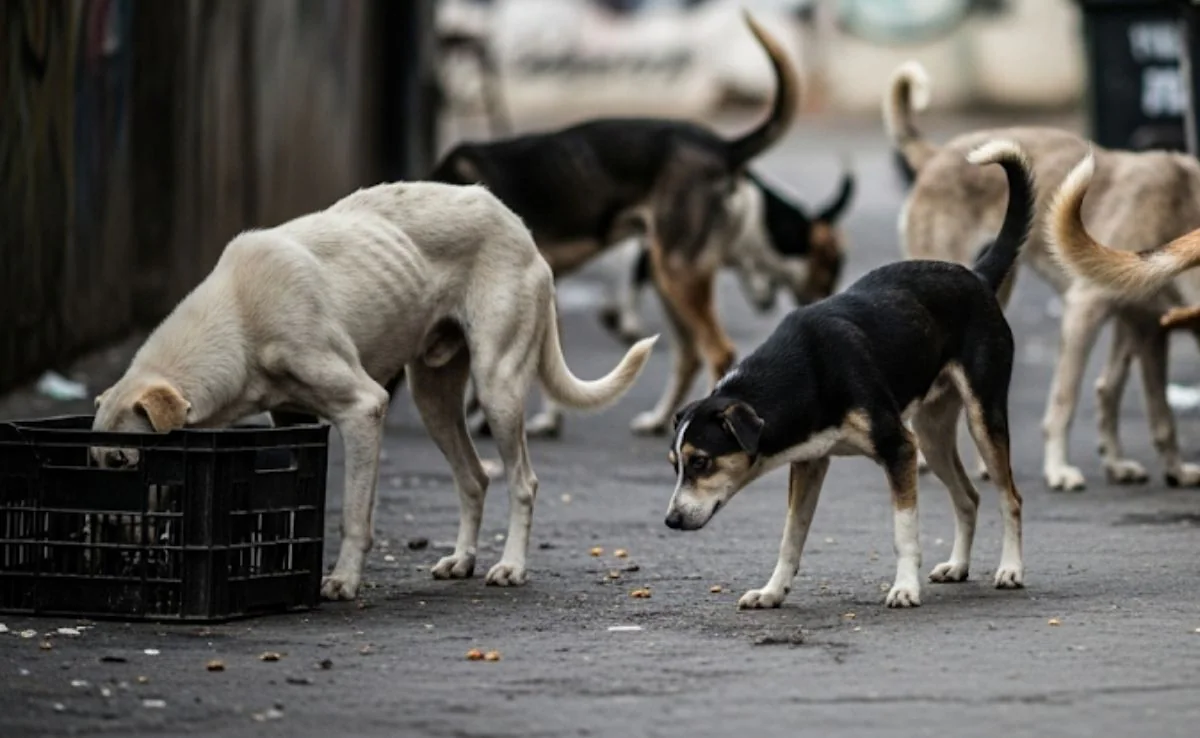By Rahul Khanna, Advocate
New Delhi, August 2025 — In a landmark suo motu order, the Supreme Court of India has directed municipal authorities across Delhi and its surrounding regions — Noida, Ghaziabad, and Gurugram — to round up all stray dogs from public areas and relocate them permanently to shelters. The move, prompted by a series of high-profile dog bite incidents, including the death of a six-year-old girl from rabies in July, has reignited a long-standing national debate: How should India manage its vast community dog population while upholding both public safety and animal welfare?
⸻
The Court’s Directives
The two-judge bench, led by Justice J.B. Pardiwala, has issued a six- to eight-week compliance window for authorities to:
1. Capture all stray dogs, whether sterilised or not, from streets, markets, and residential areas.
2. House them in newly created or expanded shelters with the capacity for at least 5,000 dogs, equipped with trained personnel.
3. Sterilise and vaccinate all captured dogs, with strict prohibition on returning them to their original localities — a sharp break from the current Animal Birth Control (ABC) Rules.
4. Install CCTV monitoring in shelters to ensure no unauthorised release.
5. Establish a 24/7 helpline to register bite complaints, with mandatory removal of the offending dog within four hours.
6. Publicise the location and availability of anti-rabies vaccines for humans.
The Court warned of contempt proceedings against individuals or organisations obstructing the operation.
⸻
The Legal Shift — From ABC Rules to “No-Return” Policy
Under the Animal Birth Control (Dogs) Rules, 2023, sterilised dogs must be released back to their original territory, a policy designed to gradually reduce stray numbers while preventing “vacuum effect” migration. The Supreme Court, however, called this policy “absurd” in light of public safety concerns, stating:
“We fail to understand why you bring them back. Forget the rules and face reality.”
This effectively suspends a core legal framework that has governed dog management in India for two decades.
Previous Supreme Court orders — particularly in the Animal Welfare Board of India v. People for Elimination of Stray Troubles case (2015) — upheld the ABC Rules as binding and prohibited indiscriminate culling. The Court had earlier stressed coexistence, humane control, and infrastructure development rather than mass removal.
⸻
Public Safety Concerns and Rabies Statistics
According to the Indian Council of Medical Research, India sees around 5,700 human rabies deaths annually. Ministry data tabled in Parliament reported 54 rabies deaths in 2024 nationwide, with one reported in Delhi in early 2025. However, dog bite cases are far more common — Delhi hospitals report thousands per month.
The Court’s urgency was fuelled by media reports of “hundreds of dog bite incidents” in Delhi’s urban and rural belts in recent months, culminating in the Pooth Kalan case where a six-year-old succumbed to rabies.
⸻
Support for the Order
• Residents’ Welfare Associations (RWAs) have welcomed the move, citing reduced fear for children and seniors.
• Delhi’s Mayor and municipal leaders have pledged compliance, though acknowledging shelter infrastructure is currently inadequate.
• Solicitor General Tushar Mehta supported the directive, highlighting the immediate need to protect citizens.
⸻
Opposition from Animal Welfare Groups
Activists and organisations including PETA India, FIAPO, and People for Animals have denounced the order as “unscientific, cruel, and impractical”, warning of:
• Overcrowded, underfunded shelters leading to neglect or disease outbreaks.
• Legal inconsistency with the ABC Rules.
• The “vacuum effect,” where removal of sterilised dogs allows unsterilised, unvaccinated dogs to move in.
• Financial infeasibility — estimates suggest billions of rupees would be needed to build and maintain adequate shelter space.
Gauri Maulekhi of People for Animals announced plans to legally challenge the order, calling it a violation of established statutory protections.
⸻
International Comparisons
Turkey recently legislated the mass capture of millions of strays, with provision for euthanasia of dangerous animals — drawing global criticism.
Morocco and several Latin American countries use large-scale Trap–Neuter–Vaccinate–Return (TNVR) programs endorsed by the WHO.
UK and Japan enforce strict pet ownership laws and remove all strays, but euthanise unclaimed dogs after a short holding period.
These comparisons highlight that most sustained successes in reducing street dog populations combine preventive measures (sterilisation, vaccination, registration) with strict enforcement on abandonment.
⸻
The Road Ahead
With only weeks to comply, Delhi’s municipal bodies face an unprecedented logistical challenge: capturing and housing potentially hundreds of thousands of dogs without culling. The Supreme Court will review progress at the next hearing, keeping the matter under active supervision.
The outcome of this initiative could set a national precedent. If successful, it might reshape India’s animal control policies; if it falters, it may reinforce calls to strengthen — rather than suspend — the ABC framework.
For now, Delhi stands at the intersection of public safety imperatives and animal welfare commitments, navigating a path that will be closely watched both domestically and abroad.


